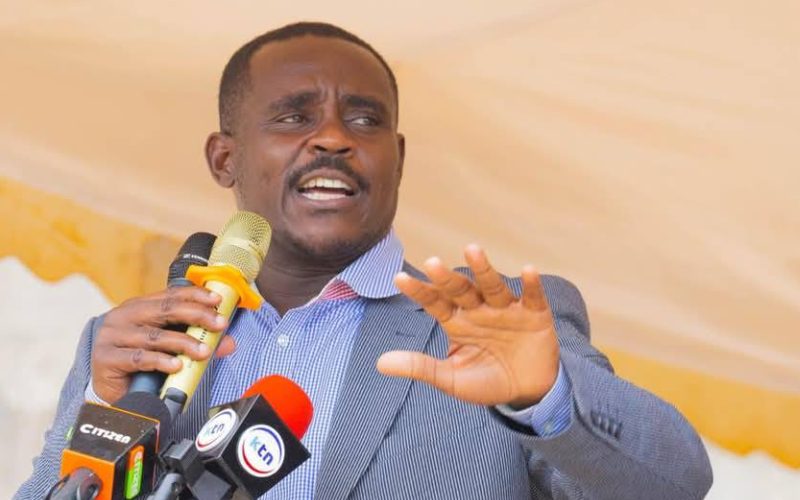The Democratic Congress Party (DCP) has announced plans to petition the United Nations to bar President William Ruto from addressing human rights issues during the upcoming United Nations General Assembly (UNGA) summit in New York.
Speaking on Citizen TV on Thursday, August 21, DCP leader Cleophas Malala argued that President Ruto’s administration lacks the moral authority to speak on matters of human rights. He accused the Head of State of presiding over a regime tainted by extrajudicial killings, unlawful detentions, and disregard for judicial independence.
“We have petitioned the UN for him not to address the UN on matters of human rights because he has been at the forefront of executing extrajudicial killings and sanctioning illegal state detentions,” Malala said.
According to the former Kakamega Senator, the party is preparing to launch a massive signature drive targeting at least 10 million Kenyans in support of the petition. The DCP hopes that this initiative will pressure the UN General Assembly to deny Ruto a platform on human rights discussions.
The 80th session of the UNGA is set to officially open on September 9, with the high-level General Debate running from September 23 to 27. This year’s summit will also include high-level meetings on noncommunicable diseases and mental health, the 30th Anniversary of the Fourth World Conference on Women, and the 30th Anniversary of the World Programme of Action for Youth.
President Ruto has consistently attended the UNGA since assuming office, using the global stage to push for reforms on climate change, sustainable development, and global financing. However, this year’s summit comes at a politically sensitive moment. Kenya is currently facing a proposed review of its designation as a Major Non-NATO Ally of the United States, a status that has long bolstered military and diplomatic ties with Washington.
Ruto’s expected trip to New York will also mark his first official visit to the US since Donald Trump returned to the White House. Whether the DCP’s petition gains traction at the UN remains to be seen, but its launch underscores growing domestic criticism of the administration’s human rights record.

